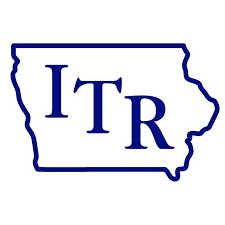How the wealthy dodge the taxman

BUSINESS RECORD STAFF Dec 30, 2015 | 4:55 pm
1 min read time
247 wordsAll Latest News, Government Policy and LawWith income inequality at its highest levels in nearly a century and public debate rising over whether the government should respond to it through higher taxes on the wealthy, the richest Americans have financed a sophisticated and astonishingly effective apparatus for shielding their fortunes, The New York Times reported.
Some call it the “income defense industry,” consisting of a high-priced phalanx of lawyers, estate planners, lobbyists and anti-tax activists who exploit and defend a dizzying array of tax maneuvers. Virtually none of these maneuvers are available to taxpayers of more modest means.
In recent years, this apparatus has become one of the most powerful avenues of influence for wealthy Americans of all political stripes.
Operating largely out of public view — in tax court, through arcane legislative provisions and in private negotiations with the Internal Revenue Service — the wealthy have used their influence to steadily whittle away at the government’s ability to tax them. The effect has been to create a kind of private tax system, catering to only several thousand Americans.
The impact on their own fortunes has been stark. Two decades ago, when Bill Clinton was elected president, the 400 highest-earning taxpayers in America paid nearly 27 percent of their income in federal taxes, according to IRS data. By 2012, when President Barack Obama was re-elected, that figure had fallen to less than 17 percent, which is just slightly more than the typical family making $100,000 annually, when payroll taxes are included for both groups.









